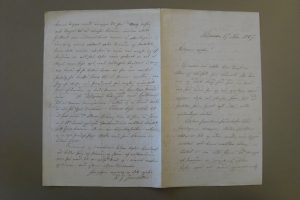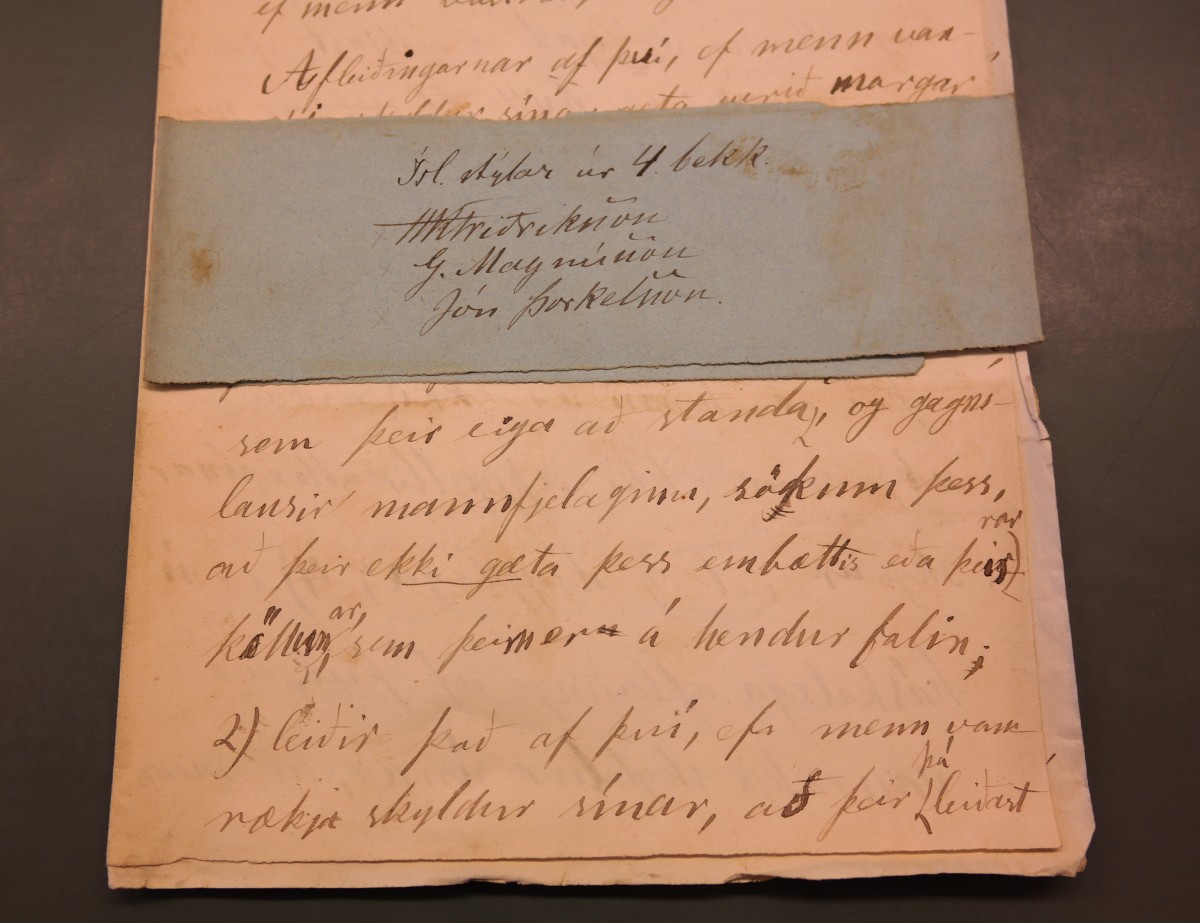Description
Socio-syntactic variation and change in nineteenth-century Icelandic
The topic of this PhD project is socio-syntactic variation and change in 19th-century Icelandic in the context of language standardisation and forms a part of a larger research group on linguistic variation and the emergence of a national standard in 19th century Icelandic (LCLV19, see Collaboration). The main objective is to map the distribution of syntactic variants that were signalled in linguistic discussions about correct/incorrect language use, with close attention to the underlying language ideology, and to evaluate such comments against a detailed study of actual language use. A selection of variants will be studied systematically, informed by theories developed within historical sociolinguistics and historical syntax, including usage-based cognitive/constructionist and generative approaches, in different sorts of texts ranging from ego-documents such as personal letters to formal, published works (see e.g. Materials, LCLV19 sources).
The investigation is of general theoretical value concerning language (in)stability and language change. It is also of specific theoretical value insofar as the distribution and nature of specific constructions in the 19th century is concerned. Major topics include theoretical and empirical issues such as the linking of morphology and word order, language contact and the influence of social structure on syntactic structures.
“In the late eighteenth and early nineteenth centuries Icelandic was recodified from the half-Danicised language of the 1584 Bible by reference to the classic models from Old Icelandic.” (Haugen, 1987)
“[T]he creators of Standard Icelandic deliberately archaized the language’s structure, making it look older so as to bring it closer to the language of the Eddas” (Thomason, 2001)
“Since there was only one secondary school, the language missionaries succeeded in halting and reversing the changes in Icelandic.” (Kusters, 2003)
“Schools traditionally function as centres where writing standards are passed on to the next generation. Here, however, we also meet the ‘black box’ of historical pedagogy, which, as I see it, is one of the crucial points for future advances in the study of the spread of literacy and standardized writing behaviour.” (Vandenbussche, 2007)


